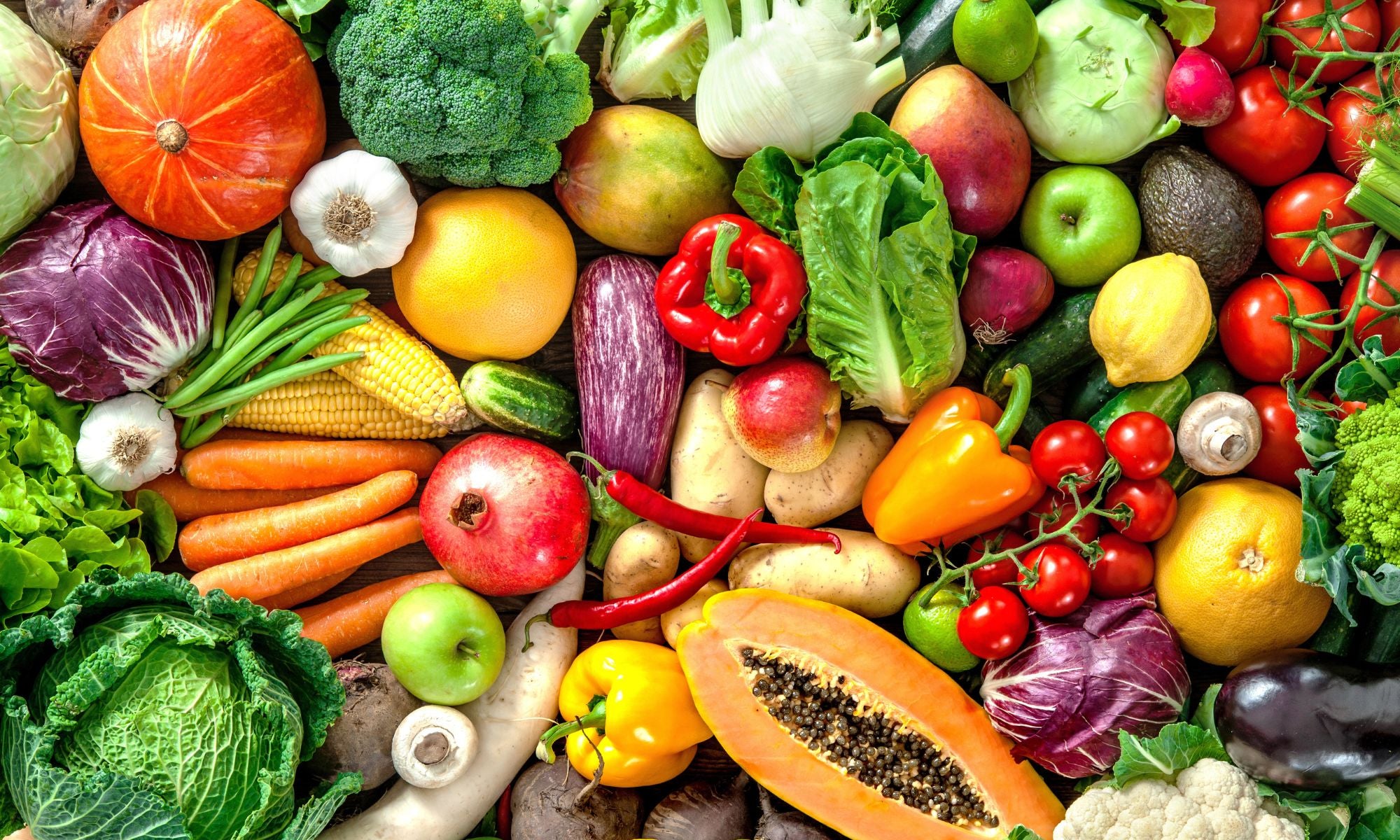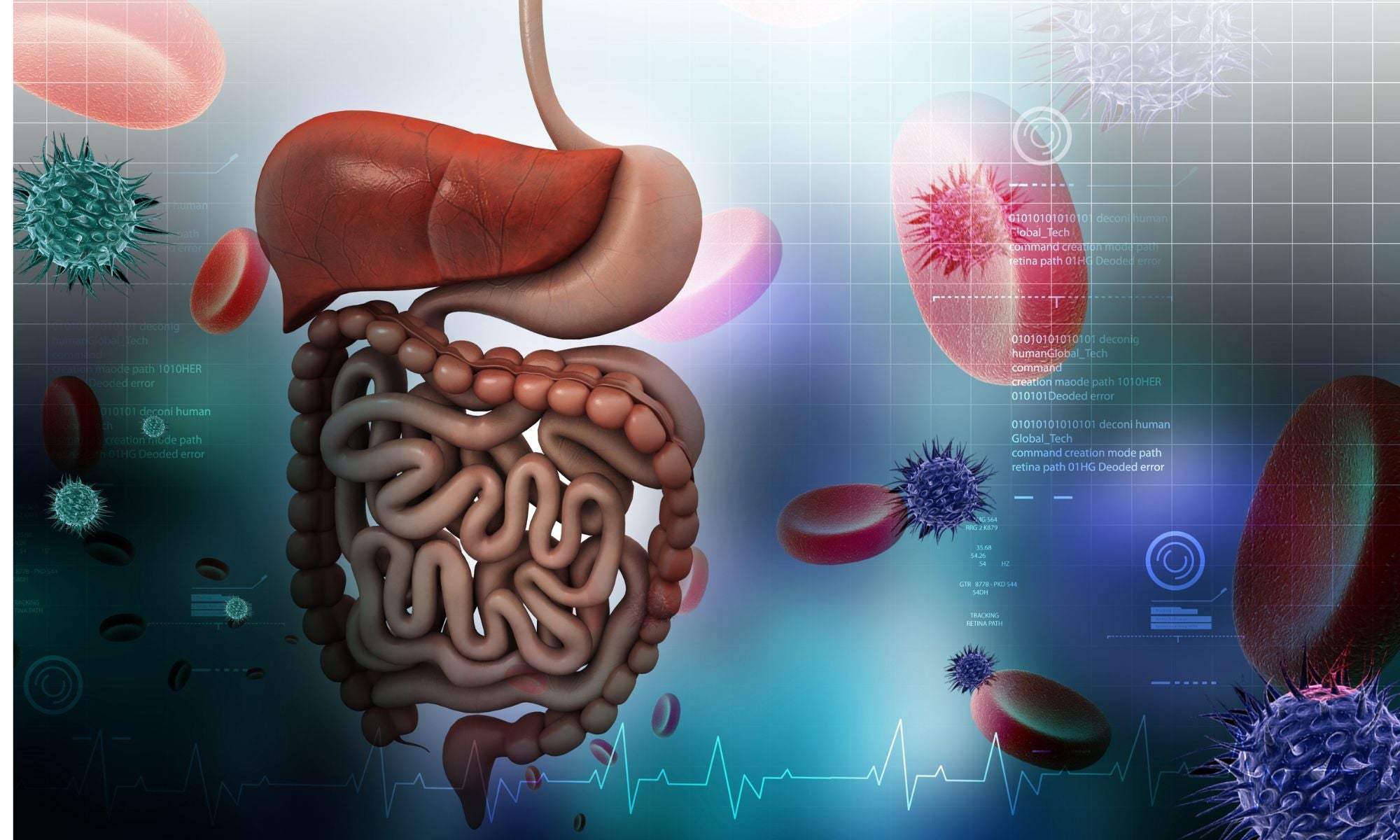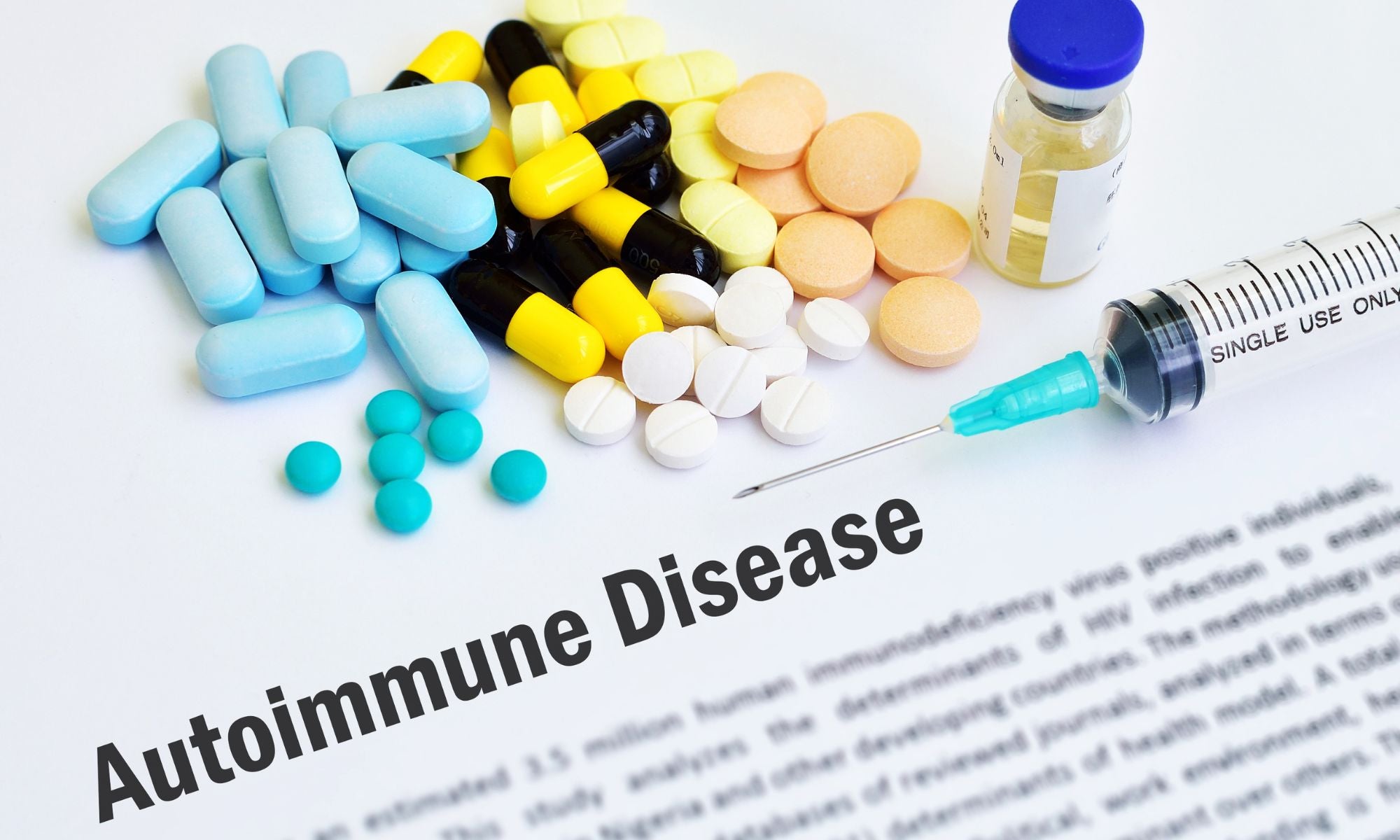
The Worst Vegetables for your Gut
Introduction
While there's no denying that vegetables are good for you—they're packed with vitamins and nutrients, some of them aren't as healthy as they might seem. As it turns out, some veggies can cause digestive issues when consumed regularly. If you've ever wondered which veggies are the worst offenders on this list, here's what we've discovered:
Onions
Despite their mouthwatering and savory taste, onions have earned a bad reputation for causing digestive problems. This is because of irritant compounds found in onions, like sulfenic acids, allyl isothiocyanate, and thiosulfinates.
These compounds have been shown to induce gastric irritation (heartburn), acid reflux, and even ulcers if consumed regularly. While store-bought pickled onions are lower in these irritants, they still contain enough to cause damage.
Asparagus
Asparagus is known to cause stomach problems and problematic digestion due to its high fiber content. The green stems contain a chemical called asparagine, and it has been found that those susceptible to allergies may suffer diarrhea, bloating, and indigestion after consuming certain foods.
However, the largest culprit of poor digestion caused by asparagus is that it contains fructans, also found in onions and garlic. Fructans (which help create a fermenting process) act like poison to our bodies as they're undigested until they finally go through our intestines at night when we sleep. These can cause an overgrowth of harmful bacteria, especially if you consume other foods containing fructans (onions, garlic, and wheat).

Brussels Sprouts
Brussels sprouts have been deemed the worst vegetables for your gut, thanks to their high sugar content and indigestible carbohydrates like fructans. A high sugar intake can lead to insulin resistance and increase heart disease risk.
Fructans or fructooligosaccharides are carbohydrate molecules that can cause gas, bloating, cramps, and diarrhea if not well digested. Brussel sprouts are also notorious for causing flatulence due to their high sulfur content, an ingredient that most people find quite pungent.
Mushrooms
Mushrooms are not vegetables; they're fungi. They're high in sugar and carbs, which can cause bloating and gas. Mushrooms also contain a lot of fiber that your body can't digest, so it can also be hard on your digestive system.
There are thousands of types of wild mushrooms, and some of them are poisonous. Those who eat poisonous mushrooms may experience various side effects, including vomiting, diarrhea, and nausea, within an hour to four hours following consumption.
The main reason to avoid mushrooms is that some people are allergic to them--and those allergies can be severe! If you have an allergic reaction after eating mushrooms, it may take several hours before any symptoms appear (the reaction could start as late as 24 hours later). If you experience severe throat or tongue swelling after eating mushrooms, seek medical attention immediately.
Peas
Peas and beans are bad for your gut and contain anti-nutrients. Pea protein, in particular, has many anti-nutrients harmful to the digestive tract, including lectins and other damaging molecules. On the other hand, beans contain enzymes that suppress digestive enzymes, interfering with nutrient absorption and causing intestinal problems. If you suffer from various digestive issues or have recently been diagnosed with celiac disease, I recommend avoiding peas altogether and limiting your bean intake.
Potatoes
When you eat a potato, it passes through your stomach and into your small intestine—and there, the starch in the potato is broken down into glucose, which is then absorbed into your bloodstream. The glucose gets sent to muscles and other organs in the body that need energy from food.
But when you eat too many potatoes or other high-starch foods over time, like rice or pasta, this process can cause problems for your digestive system. That's because when you overeat starch at once, it ends up in one place: your large intestine, where it sits around until it gets broken down by bacteria.
As this happens, gas is produced and released into your intestines—and as gas builds up, it becomes harder to pass stools generally through your colon (the tube between your small and large intestines). This can lead to constipation or diarrhea because of how hard it is for waste products to move through your colon without an "empty" space to travel through first (think about trying to squeeze through a crowd with an empty shopping cart compared with one full of groceries).
Not all vegetables are created equal.
Not all vegetables are suitable for your gut. Some may harm your gut health, so you should avoid them.
For example, cruciferous vegetables can cause gas and bloating in some people. If you experience these symptoms after eating broccoli or cauliflower, you should avoid them until you consult your doctor.
Other vegetables that should be avoided include artichokes, beets, bell peppers, eggplant, mushrooms, potatoes, and yams. These vegetables contain high amounts of starch and sugar, which can negatively affect your digestive system if eaten in large quantities over time.
Conclusion
Getting caught up in the hype surrounding certain vegetables and their health benefits is easy, but it's important to remember that not all of them are created equal. Some can do more harm than good if they don't agree with your body or are processed with too much sodium or added sugar. Consider swapping out these worst veggies for better options to improve your gut health!
Read More:-
Why Diet Soda Is Bad for Your Gut
The Advantages of Regular Colon Cleansing












